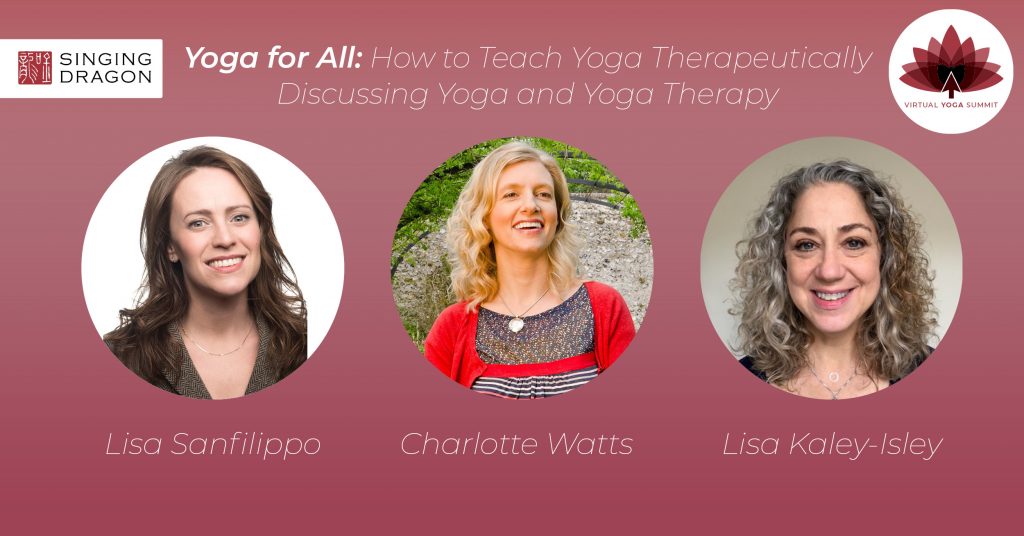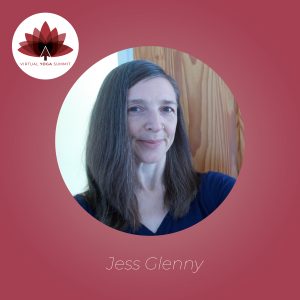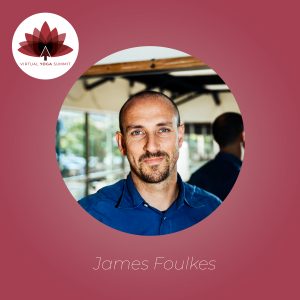
James Foulkes is a yoga teacher and IAYT Registered Yoga Therapist. Originally from England, James has trained for 15 years with the students of Vanda Scaravelli.
His book, Principles and Themes in Yoga Therapy was released by Singing Dragon in 2017.
At present, James operates a busy Yoga Therapy Practice, and has taught on numerous Yoga Therapy trainings and Yoga Teacher trainings. He conducts classes and workshops around the Washington DC Area, around the United States and internationally.
In this video James discusses yoga therapy and lifestyle medicine, touch, complex illness as well as using yoga therapy to support those who have been incarcerated.
Principles and Themes in Yoga Therapy
An Introduction to Integrative Mind/Body Yoga Therapeutics
James Foulkes, Foreword by Mikhail Kogan, MD, illustrated by Simon Barkworth
Provides a brief history of yoga therapy before offering a new way to think about anatomy and the wholeness of the human being. Through case studies, the author explores different principles of practice with tips for yoga therapy practitioners to develop their working client relationship and their own conditioning. Read more
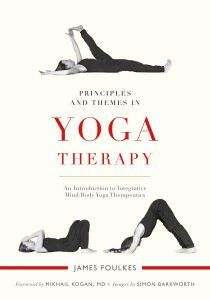
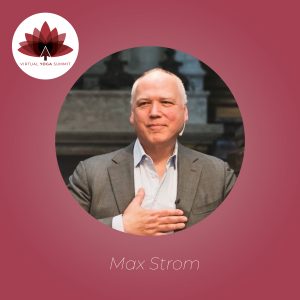
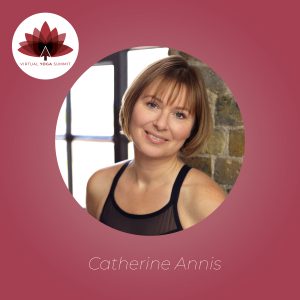
 These remarks are based on my 17 years as an expert witness in yoga injury cases and yoga safety advocate. This is not legal advice nor counsel because I’m not an attorney, but reflects my understanding from working with attorneys as to what they look for and utilize in either defending or prosecuting a matter. These remarks also reveal my deep biases as a “recovering manual physio” and how yoga differs, at least philosophically, from other practices.
These remarks are based on my 17 years as an expert witness in yoga injury cases and yoga safety advocate. This is not legal advice nor counsel because I’m not an attorney, but reflects my understanding from working with attorneys as to what they look for and utilize in either defending or prosecuting a matter. These remarks also reveal my deep biases as a “recovering manual physio” and how yoga differs, at least philosophically, from other practices. 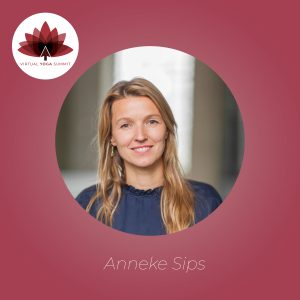
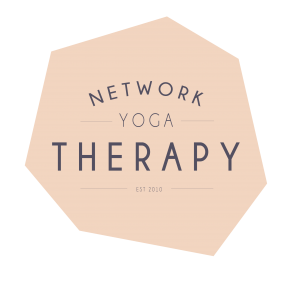

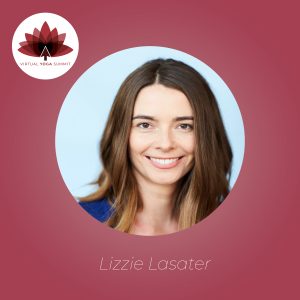 We’re lucky to have had the chance to talk with Lizzie Lasater, yoga teacher trainer in both the digital and physical sense. Lizzie studied art history and architecture at Columbia University and now translates her training into digital courses, global Restorative yoga teacher training workshops, and her awesomely creative jewelry collection.
We’re lucky to have had the chance to talk with Lizzie Lasater, yoga teacher trainer in both the digital and physical sense. Lizzie studied art history and architecture at Columbia University and now translates her training into digital courses, global Restorative yoga teacher training workshops, and her awesomely creative jewelry collection.